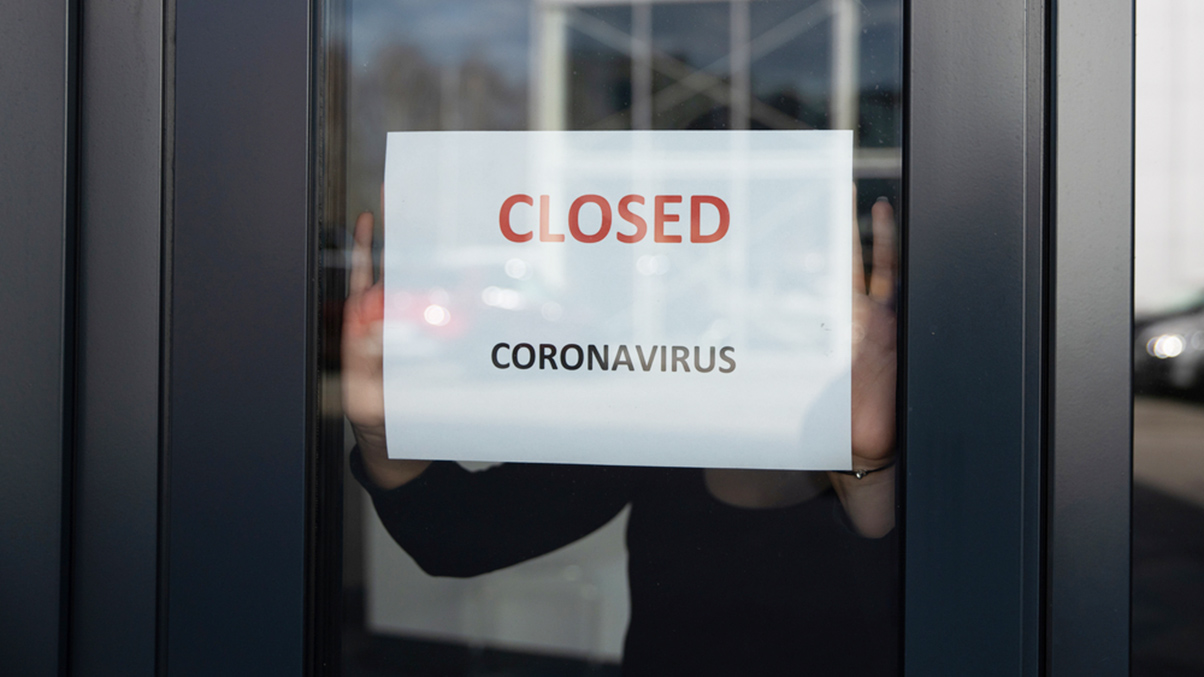HMRC has been writing to UK residents named in the ‘Pandora Papers’ warning them to report overseas income or gains on which they owe UK tax or face penalties.
In this article, Lisa Vanderheide, Alex Lerner, Krishna Mahajan and Francesca Bugg explain what you should do if you receive such a letter from HMRC (a so-called ‘nudge letter’).
During 2021 and 2022, the International Consortium of Investigative Journalists released more than 11 million records from 14 offshore service providers, known as the ‘Pandora Papers’. This was the largest-ever release of financial documents, surpassing the 2016 release of the Panama Papers.
As soon as these papers were released, HMRC began reviewing the data to find UK residents with untaxed offshore assets.
HMRC has recently begun writing to UK residents named in the Pandora Papers, warning them to report all their overseas income or gains that they owe UK tax on or face penalties of up to 200% of any tax due or prosecution. HMRC will likely give recipients 30 days to review and take steps to correct their tax position.
HMRC’s press release states: “Recipients of these letters can make disclosures under the Disclosure Facilities made available by HMRC. It is important that individuals use the correct disclosure facility. If individuals aren’t clear about which facility to use, HMRC would recommend getting professional tax advice.”
What are HMRC disclosure facilities?
The disclosure facilities referred to are:
- The Contractual Disclosure Facility (CDF), which is also known as Code of Practice 9 (COP9). This is a contractual arrangement whereby HMRC undertakes not to criminally investigate suspected tax fraud in return for the customer’s full disclosure of any and all tax irregularities. Failure to provide full disclosure as part of a COP9 investigation can lead to criminal prosecution.
- The Worldwide Disclosure Facility (WDF) is for use by anyone who wants to disclose a UK tax liability that relates wholly or partly to an offshore issue. The WDF Facility does not provide any protection from prosecution. So, where there is deliberate and/or fraudulent conduct, such as evasion, the CDF is the more appropriate facility.
What should I do if HMRC has contacted me?
If you have received a nudge letter from HMRC arising from the release of the Pandora Papers, it is critical to take professional advice before responding. Similarly, if you have received taxable overseas income or gains that have not been declared to HMRC (but don’t yet have a nudge letter), you should seek professional tax advice about making a voluntary disclosure.
Making a voluntary disclosure ensures you have control over the HMRC process as the correct team will be contacted in the first instance and the initial message managed on your terms, which avoids being on the back-foot with the enquiry. It may also help mitigate any penalties due.
Please contact Lisa Vanderheide, Alex Lerner or Krishna Mahajan if you have any queries about an HMRC nudge letter relating to the Pandora Papers or in relation to overseas income or gains.
You can find further information regarding our expertise, experience and team on our Tax Litigation and Resolution page.
If you require assistance from our team, please contact us.
Subscribe – In order to receive our news straight to your inbox, subscribe here. Our newsletters are sent no more than once a month.







